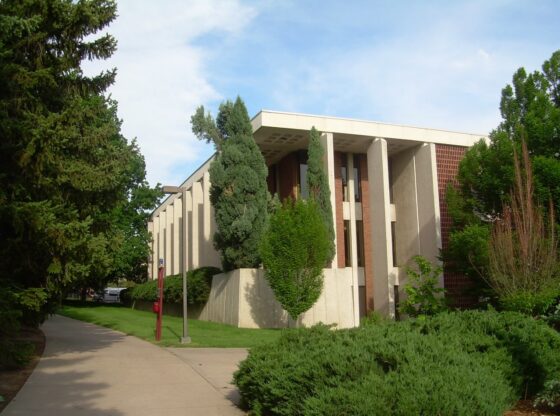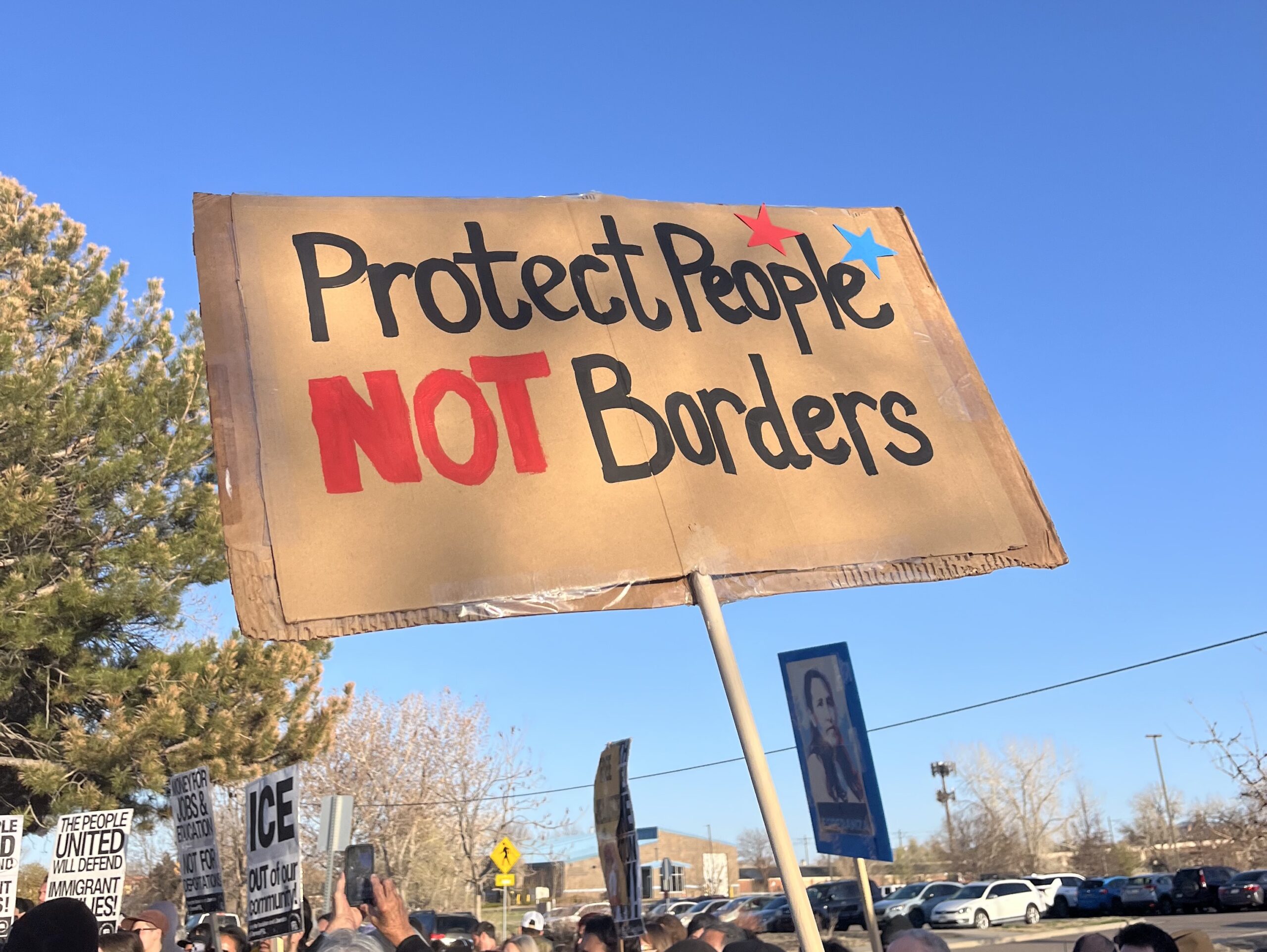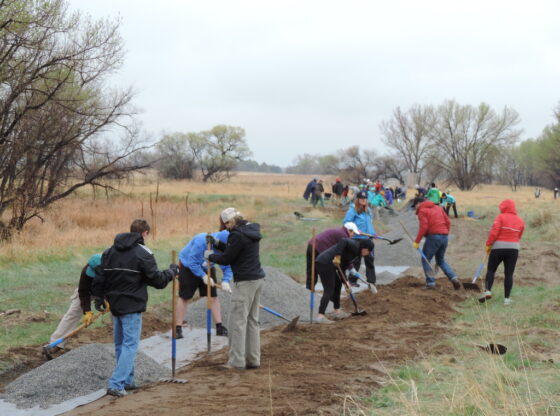 Photo by:
Photo by:
For generations, the natural resources of Africa have been used and exploited for the development and advancement of all other parts of the world, except for Africa. As a colonial toy and a Cold War pawn, Africa has played a tragic tale in history, and these days it sits at center-stage as now the developed world wonders what to do about this continent called Africa.
The reasons for Africa’s perpetual underdevelopment are legion. Harrison and Huntington argue that there exists a cultural backwardness that must be overcome in order for Africans to benefit from the riches and opportunities of globalization.1 Jared Diamond argues that geography is central to the questions of have’s and have-not’s.2
Jeffrey Sach’s sees economics as central to the discussion.3 There is even the temptation (especially when observing modern Zimbabwe in comparison to historical Rhodesia) to view the colonial era through a lens that brings greater peace, stability and prosperity to Africa than the post-colonial era. And what about corruption? Surely, the responsibility of the current conditions in much of Africa must rest on the shoulders of corrupt governments and despots who have done nothing but pillage their own people.
Whatever the reasons, the facts are astounding. Africa is poor. Its people struggle with the daily effort of survival within both rural and urban poverty. Disease is rampant. Preventable and treatable diseases are the killers in Africa. Violence seems second to none. Rwanda, the DRC, Northern Uganda, Angola, Zimbabwe and now Darfur are all part of the African story. No doubt, when images of famine and genocide appear on the television screens of the West, no one is surprised.
The past few years have seen Africa rise in its global prominence. It seems that the conscience of the world is slowly awakening to its plight, though humanitarian work and human rights advocates have been working for decades. The ONE Campaign and the MAKE POVERTY HISTORY Campaign have succeeded in raising collective awareness about global issues such as debt relief, HIV/AIDS, micro-credit and other poverty related issues. Through advocates and philanthropists like Bono, Bill and Melinda Gates, and former President Bill Clinton, Africa is now on the table.
It is in fact President Bill Clinton who has a wise perspective on how to think about Africa. He states, “It’s not what we do for Africa or about Africa. It’s what we do with Africa.”4 This subtle difference is key.
No longer can the West look to Africa as a project to be completed or a problem to be conquered. These ideas have been duly spent. What is needed now is genuine partnership between those of us with the resource to serve and those with the local know-how to bring real and practical change. At both macro and micro levels, Africa must be engaged with in order to bring justice and universal human rights to a continent too-long suffered.
Genocide and poverty are the story of Africa, but they are not the only story. They are the long-term ramifications of Colonial exploits, Cold War policy and corrupt governments. But now is not the time for historical revision or debate. It is the time to move forward and recognize that the story of Africa is also of triumph and persistence.
It is not hopeless, nor is it irrelevant. Bono argues that Africa is the test of this generation. Previous generations have passed their tests of time by halting Nazi aggression, or by standing up to Communist expansion.
Previous generations have eradicated polio and smallpox. The world has seen the end of Apartheid, and it can see the end of poverty. The test of this generation is not only the moral struggle against terrorism, but the fight against the injustice of poverty as it persists on the African continent.
1 Huntington, Samuel & Lawrence Harrison. Culture Matters
2 Diamond, Jared. Guns, Germs & Steel
3 Sach’s, Jeffrey. The End of Poverty
4 Clinton, William Jefferson, as quoted somewhere…












